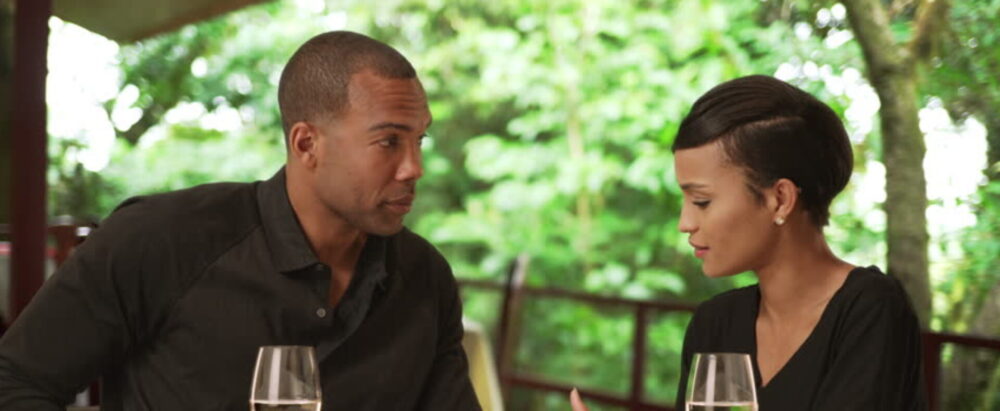Introduction
Finding closure in relationships is a journey that often remains enigmatic. It’s more than just ending a chapter; it’s about rewriting our narrative to align with personal growth and current needs. Unlike grieving, our emotional reaction to loss, or mourning, the expression of that grief, finding closure in relationships is about creating a new relationship with our past experiences. It’s about understanding and organizing our emotions, not compartmentalizing them, but allowing them to find their rightful place in our story.

Understanding Closure in Relationships
What does finding closure in a relationship mean? Essentially, it’s akin to turning the final page of an intense novel. It involves a deep understanding of the narrative’s conclusion and embracing every emotion tied to it. Finding closure in relationships is not about packing away our feelings but giving them space to breathe and be understood, and then, gently letting them rest.
The Importance of Closure
Why is finding closure in relationships important? Seeking closure is crucial as it helps in comprehending the events that unfolded, interpreting their significance, and thus, allowing our hearts to begin the process of healing. Closure provides a framework to our chaotic emotions, aiding the transition from turmoil to peace.
What Does Closure Look Like?
Closure in relationships manifests as a serene acceptance that follows the tumultuous end of a relationship. A profound understanding, a respectful acknowledgment of the past, and an empowered step toward the future characterize it. Finding closure in relationships is the moment of tranquility in an emotional whirlwind, where one finds the strength to look back with insight and move forward with determination.
Giving and Finding Closure
How do you give someone closure or find it yourself? To offer closure, communicate your truth with compassion. In finding closure in relationships for oneself, the journey involves attentive listening, reflective introspection, and heartfelt acceptance. It’s a path marked by mutual respect and honesty, where both parties contribute to a resolution that respects their shared history and individual paths forward.
Example of Finding Closure in Relationships
Closure in relationships can vary widely. One profound example is the story of Emma. In her relationship with Alex, once filled with love, she found herself increasingly afraid as the dynamics turned toxic. The thought of sitting down with Alex for a closure conversation was out of the question for Emma. Her safety and mental well-being were her top priorities.
Emma’s path to closure was solitary. She began by writing a letter to Alex, expressing all her feelings, fears, and reasons for needing to move on. This letter was for her eyes only, a tool to articulate her emotions. Following this, Emma took practical steps. She blocked Alex’s number and social media accounts, creating a physical and digital distance. She leaned on the support of friends and a therapist, helping her process her emotions in a safe environment. Gradually, Emma reclaimed her sense of self, engaging in activities that brought her joy and peace. Emma’s story shows that closure can be a personal and internal process, especially in situations where direct communication isn’t safe or feasible.
Conclusion: The Transformative Power of Closure
In the end, finding closure in relationships is about the transformation and evolution of our relationships. It’s about shifting from what no longer serves us to embracing a new form of connection. Whether it’s through heartfelt conversations, reflective solitude, or deliberate distancing, finding closure in relationships helps us let go constructively and caringly. It allows us to forge a new relationship with our experiences — one built on understanding, acceptance, and a renewed sense of self. Closure isn’t just an end; it’s a gateway to more mindful and fulfilling interactions with our own stories and the people who have been part of them.

